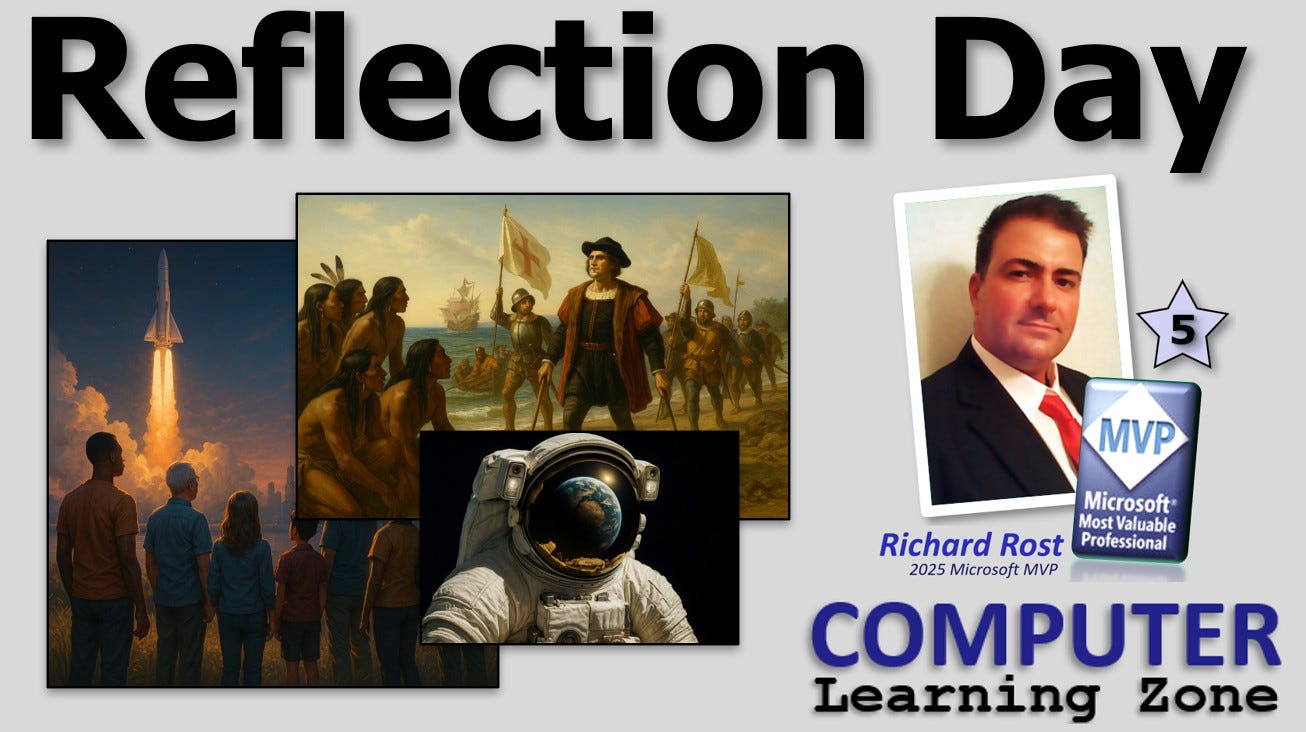Every October, the same debate resurfaces here in the US. Columbus Day or Indigenous Peoples Day? It’s one of those holidays that means very different things depending on who you ask. Some celebrate exploration and discovery. Others remember conquest and loss. The truth is... both are right.
History isn’t clean. It’s messy, complicated, and filled with people who did terrible things for reasons that made sense to them at the time. Columbus didn’t wake up one morning and decide to be a villain. He was a man of his era, driven by faith, ambition, and the values of a world that saw conquest as divine purpose. Was it brutal? Yes. But so was most of human history.
And it didn’t start with Columbus. Conquest and colonization go back as far as we do. The first Homo sapiens leaving Africa displaced or wiped out the Neanderthals. The Romans conquered most of their known world with their coordinated, well-armed legions. The Crusaders spread their faith at the tip of a sword.
Empires rose and fell across every continent long before Columbus, and long after him as well. It’s what our species has always done: explore, expand, and, too often, destroy.
But we’ve also evolved. The same curiosity that sent explorers across oceans, sent humans to the moon, and probes across the solar system. The same human urge to understand “what’s out there” has also turned inward, toward understanding who we are, and where we come from. That’s real progress.
So maybe the point of this holiday isn’t to argue about who deserves a statue. Maybe it’s to reflect on what kind of explorers we want to be now. Not conquerors, but learners. Not missionaries, but scientists. Not rulers, but caretakers.
There’s a meme that floats around every year: “Celebrate Columbus Day by moving into someone else’s house and telling them you live there now.” Funny to some people, sure, but it also reminds us how far we’ve come. We can laugh because we know better.
For more info please visit:









